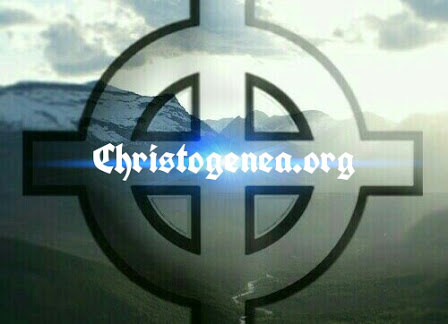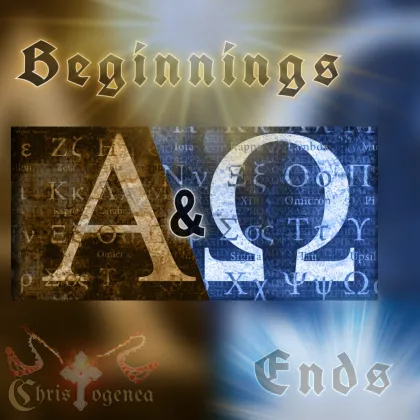Americans are mourning their Sodomites, but they should be lamenting their children!
 How far deceased is the Body of Christ! If the body is, or perhaps, was, Christendom, then the latest apparent false flag event at a nightclub in Orlando is certainly ominous. One can plant a finger on its throat, and there is no Pulse.
How far deceased is the Body of Christ! If the body is, or perhaps, was, Christendom, then the latest apparent false flag event at a nightclub in Orlando is certainly ominous. One can plant a finger on its throat, and there is no Pulse.
Of course, we are not saying that nothing happened at the Pulse nightclub. However whatever did happen certainly did not happen in accordance with the way that it has been portrayed. We did a little investigating ourselves, of some of the online real estate records for the building. It is hard to imagine the reported 300 patrons crammed into a bar with perhaps 4,500 square feet of usable space, and a man able to walk a Colt AR-15 and multiple large clips into such a small and crowded club, which had only 10 or 12 parking spaces of its own, completely unnoticed in the midst of a hot summer’s night in southern Florida.
Oh, CNN reported that “The club is a vast, open space that was hosting more than 300 patrons” and “People inside the cavernous nightclub described a scene of panic....” But are they really describing the building which appears in the Orlando real estate records? Or are they reading from some concocted script? The building’s 4,500 usable square feet on two stories can hardly be described as “cavernous”.
We were subjected to interviews on the streets outside of the club, presumably taped in the dark of the night and only hours after the alleged shooting began. Here, “survivors” described a horrific event and gave detailed accounts of their own escape. But the accounts of the escapees crawling on the floor through dead and dying bodies were not accompanied with the appropriately expected images: there was no blood on any of these alleged survivors. When people have been shot all around you, we would expect to see you splattered with blood. When you crawl on the floor around bodies that have just been ripped apart by flesh-shredding 5.56 millimeter rounds, your clothing should not escape the stains from the expected puddles of blood. But there was no blood, perhaps because there was no Pulse.







 How far deceased is the Body of Christ! If the body is, or perhaps, was, Christendom, then the latest apparent false flag event at a nightclub in Orlando is certainly ominous. One can plant a finger on its throat, and there is no Pulse.
How far deceased is the Body of Christ! If the body is, or perhaps, was, Christendom, then the latest apparent false flag event at a nightclub in Orlando is certainly ominous. One can plant a finger on its throat, and there is no Pulse.




 Please click here for our mailing list sign-up page.
Please click here for our mailing list sign-up page.








Recent comments